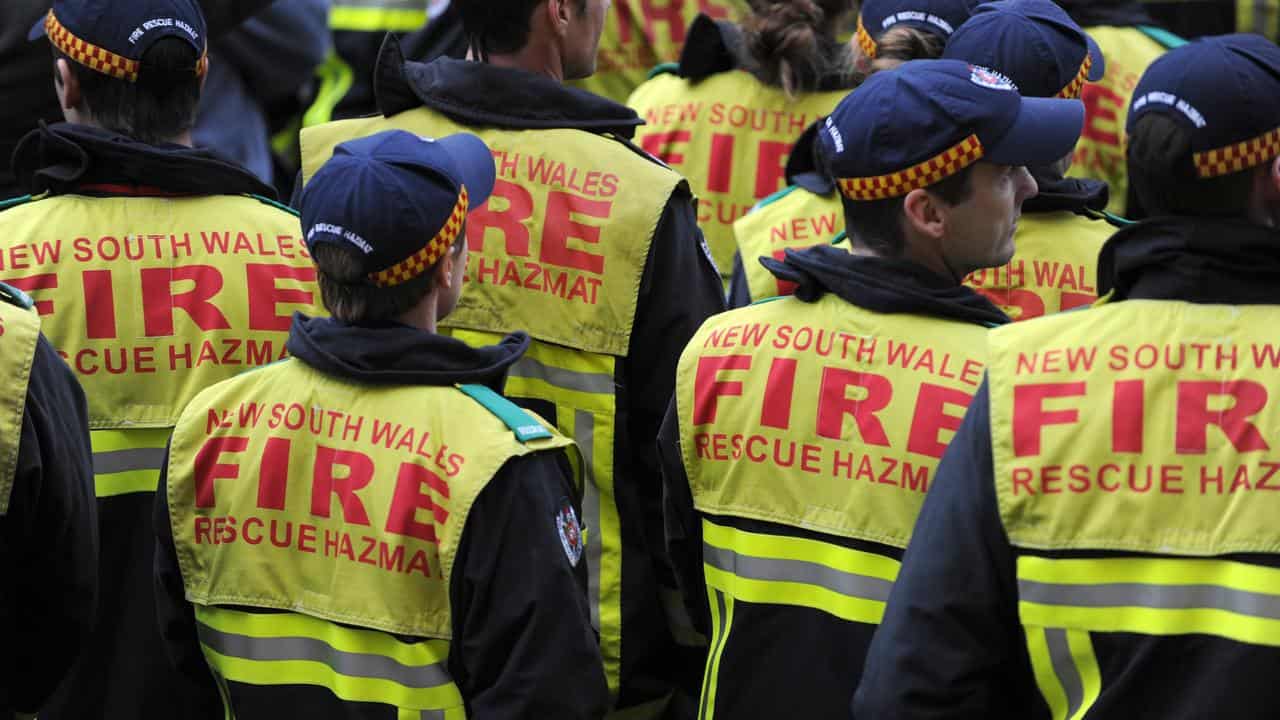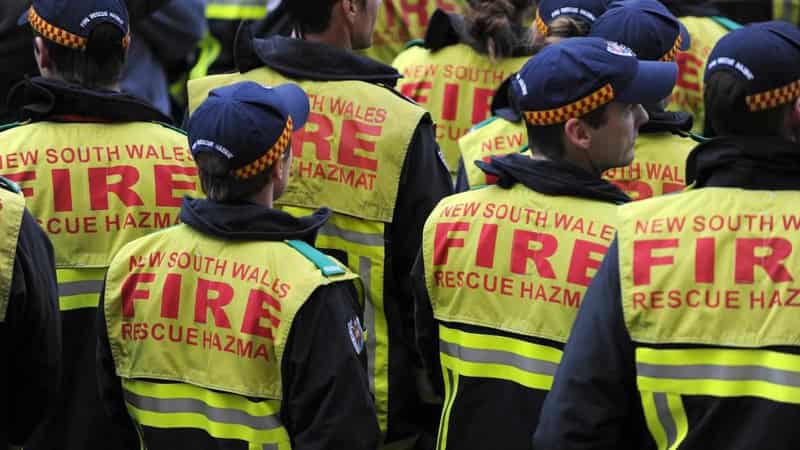
Increases to frontline worker wages in NSW will be made possible by a $3.6 billion fund as the Minns government reveals how it will pay for its signature policy of removing the public sector wage cap.
The four year funding commitment will support long-term pay growth for workers such as nurses, paramedics, health workers, police, firefighters, prison officers, teachers and child protection workers, Treasurer Daniel Mookhey says.
The cash injection is aimed at retaining and recruiting new staff in areas of the public sector experiencing staff shortages.
"Hard-working public servants keep our hospitals, schools, parks and services running," Mr Mookhey said on Sunday.
"The people that keep our state going deserve real wages growth.
"The Essential Services Fund will give them certainty and help bolster their ranks to ensure essential services workers are supported to deliver the best outcome for the people of NSW."
Removing the coalition's 2.5 per cent public sector wages cap was a central policy Labor took to the state election in March.
The government has since agreed to a 4 per cent pay increase for more than 400,000 public sector employees, including nurses, educators and prison officers, as well as a 0.5 per cent bump to superannuation.
The extra $3.6 billion allocation is a result of spending reprioritisation, with the government unwilling to further add to a budget deficit forecast to blow out to $12 billion for 2022/23.
But the opposition, which has long criticised the move as unsustainable, accused Mr Mookhey of breaking a promise to offset pay increases with productivity offsets.
"The treasurer's claim that wage rises would be funded by redirecting and reallocating resources is code for cuts that will hit NSW households and businesses," shadow treasurer Damien Tudehope said.
While the fund promises to cover wage increases over four years, pay deals for teachers and nurses have only been locked in for one year, meaning uncertainty remains about future costs.
The government has also announced a two-year salary freeze for senior executives and parliamentarians which will save around $250 million over four years.









